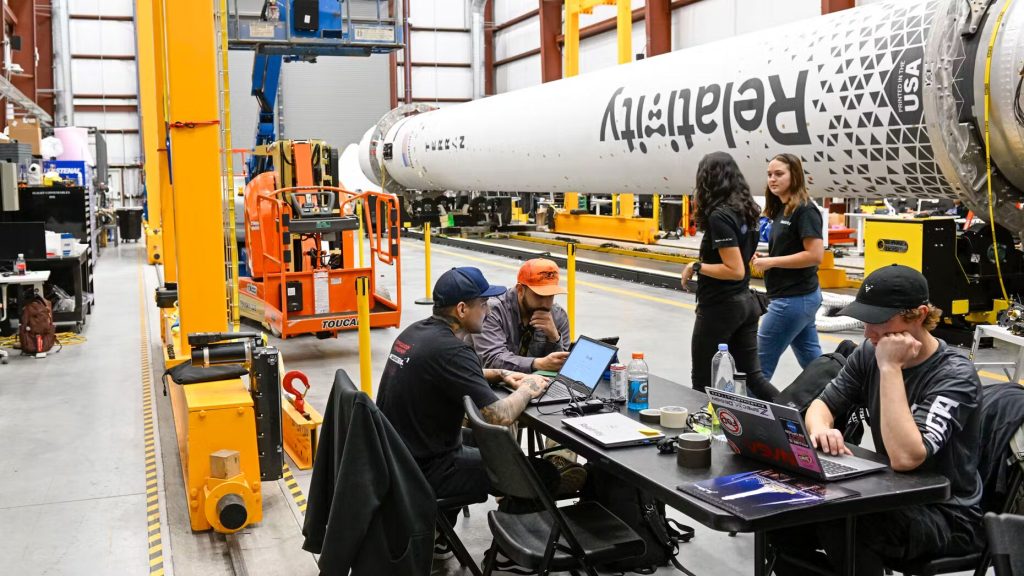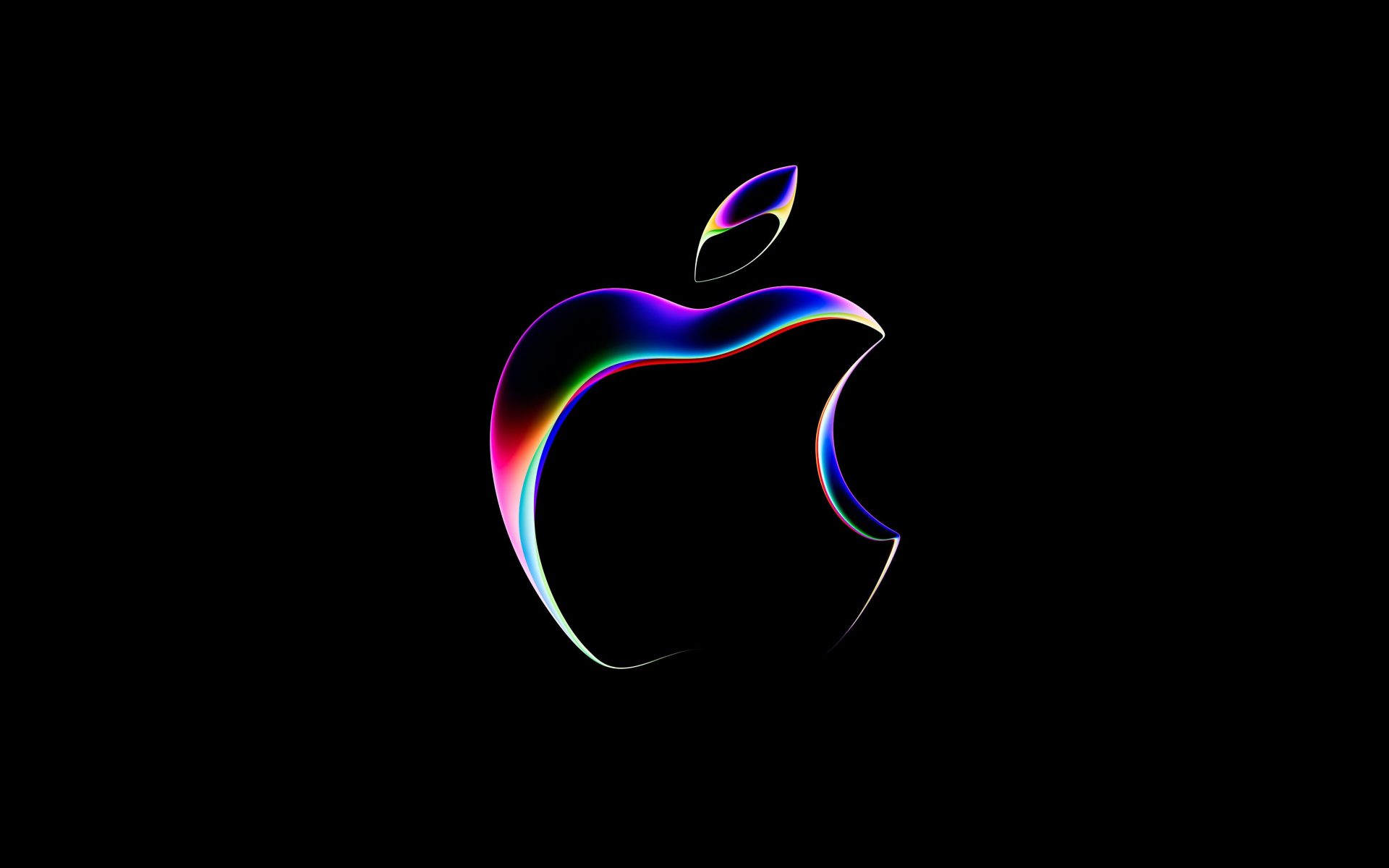4 Cutting-Edge Tech Startups to Watch Out For in 2025
As we look ahead to 2025, the tech landscape is brimming with innovative startups poised to make significant impacts across various industries. Here are four cutting-edge tech businesses making waves as of 2023 that you should keep an eye on.
1. PsiQuantum
Industry: Quantum Computing
Overview:
PsiQuantum is a California-based startup founded in 2016 by a team of world-leading quantum physicists and engineers, including CEO Jeremy O’Brien. The company is dedicated to building the world’s first large-scale, general-purpose quantum computer using silicon photonics—a technology that manipulates photons (light particles) on silicon chips.
PsiQuantum’s approach leverages existing semiconductor manufacturing processes to produce quantum chips, aiming to integrate quantum computing into the current technological infrastructure seamlessly. By using photons as qubits (quantum bits), they hope to overcome the error rates and scalability issues that have plagued other quantum computing efforts.

Key Aspects:
• Silicon Photonics Advantage: Photons are less susceptible to thermal noise and can maintain quantum coherence over longer distances, which is crucial for reliable quantum computing.
• Manufacturing Partnerships: PsiQuantum has partnered with GlobalFoundries, a leading semiconductor manufacturer, to fabricate its photonic chips using standard silicon processes.
• Applications: Their quantum computers could revolutionize fields like cryptography, drug discovery, climate modeling, and complex optimization problems by performing computations that are currently infeasible for classical computers.
Why They’re Making Noise:
• Revolutionary Technology: By harnessing silicon photonics, PsiQuantum aims to scale quantum computers to one million qubits, a threshold believed necessary for practical, error-corrected quantum computing.
• Strong Funding and Backing: With over $700 million in funding from investors like BlackRock, Temasek, and Microsoft’s M12, PsiQuantum has substantial resources to pursue its ambitious goals.
• Global Impact Potential: Success in their mission could lead to groundbreaking advancements across multiple industries, potentially solving some of the world’s most complex problems.
Industry: Aerospace Manufacturing
Overview:
Founded in 2015 by Tim Ellis and Jordan Noone, both alumni of Blue Origin and SpaceX, Relativity Space is pioneering the use of additive manufacturing (3D printing) to build rockets. Their vision is to create the world’s first entirely 3D-printed rockets, named Terran 1 and the larger, reusable Terran R, significantly reducing part counts and production timelines.
Relativity Space’s proprietary 3D printers, known as Stargate, are among the largest metal 3D printers globally. These printers can produce complex rocket components that are lighter and have fewer points of failure than traditionally manufactured parts. By automating rocket production, they aim to build a rocket from raw materials to launch readiness in under 60 days.

Key Aspects:
• Disruptive Manufacturing: 3D printing allows for rapid iteration, customization, and reduced costs, potentially transforming the aerospace industry’s manufacturing processes.
• Reusable Rockets: The Terran R is designed to be fully reusable, aligning with industry trends toward sustainability and cost efficiency in space travel.
• Expanding Space Access: Relativity’s rockets aim to meet the growing demand for satellite launches, including deploying satellite constellations for global internet coverage and Earth observation.
Why They’re Making Noise:
• Innovative Approach: By combining 3D printing and aerospace engineering, Relativity Space could dramatically lower the barriers to entry for space exploration and satellite deployment.
• Significant Funding: The company has raised over $1.3 billion, with backing from investors like Fidelity, BlackRock, and Tiger Global, highlighting confidence in their disruptive potential.
• Strategic Partnerships: They’ve secured multiple launch contracts with commercial and government clients, including NASA and the U.S. Department of Defense, validating their technology and business model.
3. Nuro
Industry: Autonomous Delivery Vehicles
Overview:
Nuro, founded in 2016 by Jiajun Zhu and Dave Ferguson—both veterans of Google’s self-driving car project—focuses on developing autonomous vehicles specifically designed for last-mile delivery of goods rather than passenger transport. Their electric, driverless vehicles are engineered to navigate public roads safely and efficiently, delivering groceries, meals, and packages directly to consumers.
The company’s flagship vehicle, the R2, is a compact, unmanned delivery robot optimized for urban environments. It features customizable compartments for different types of cargo and is equipped with advanced sensors and safety systems to interact harmoniously with traffic and pedestrians.

Key Aspects:
• Purpose-Built Design: Without the need to accommodate drivers or passengers, Nuro’s vehicles can be smaller, lighter, and more efficient, reducing energy consumption and operating costs.
• Regulatory Achievements: Nuro received the first-ever exemption from certain federal safety requirements (like mirrors and windshields) for a vehicle without human occupants, marking a significant milestone in autonomous vehicle regulation.
• Real-World Operations: Nuro has conducted pilot programs in cities like Houston and Phoenix, partnering with companies to deliver groceries (Kroger), pizza (Domino’s), and parcels (FedEx).
Why They’re Making Noise:
• Autonomous Delivery Focus: By concentrating on goods transportation, Nuro addresses a growing market for efficient, contactless delivery services, especially highlighted during the COVID-19 pandemic.
• Major Partnerships: Collaborations with retail and logistics giants demonstrate the practical viability and demand for their technology.
• Potential to Transform Retail Logistics: Nuro’s solutions could significantly impact e-commerce by reducing delivery times and costs, enhancing customer satisfaction, and enabling new retail models.
4. Graphcore
Industry: Artificial Intelligence Hardware
Overview:
Graphcore is a UK-based semiconductor company founded in 2016 by Nigel Toon and Simon Knowles. The company has developed the Intelligence Processing Unit (IPU), a processor specifically designed to support the computational needs of AI and machine learning applications.
Unlike traditional CPUs and GPUs, the IPU is built to handle highly parallel and complex AI workloads more efficiently. Graphcore’s technology allows for massive data processing and model training at unprecedented speeds, potentially accelerating advancements in AI.

Key Aspects:
• Specialized AI Architecture: The IPU features over 1,200 cores and can manage thousands of independent threads simultaneously, making it ideal for deep learning tasks.
• Software Ecosystem: Graphcore provides the Poplar software stack, enabling developers to integrate their existing machine learning frameworks seamlessly with the IPU hardware.
• Diverse Applications: Their technology is applicable across various sectors, including healthcare (genomics, medical imaging), finance (algorithmic trading, fraud detection), and automotive (autonomous driving).
Why They’re Making Noise:
• Performance Gains: Graphcore claims significant improvements in speed and efficiency over traditional processors for AI tasks, which could lead to faster development of AI models.
• Strong Investment Support: With over $700 million in funding and a valuation exceeding $2.8 billion, the company has backing from prominent investors like Sequoia Capital, BMW i Ventures, and Microsoft.
• Industry Adoption: Graphcore’s IPUs are being integrated into data centers and cloud services, with partnerships including Microsoft’s Azure, indicating a move towards mainstream use.
Conclusion
These four startups are at the forefront of innovation in their respective fields:
• PsiQuantum is poised to unlock unprecedented computational power through quantum computing.
• Relativity Space aims to revolutionize how we access space by radically transforming rocket manufacturing.
• Nuro is redefining last-mile delivery with autonomous vehicles designed for a future of contactless commerce.
• Graphcore is accelerating the AI revolution with hardware tailored to the demands of modern machine learning.
As we approach 2025, the advancements made by these companies could lead to transformative changes across industries. Their breakthroughs might solve complex global challenges, enhance efficiency, and open new frontiers in technology and innovation.
OpenAi has just started its latest round of funding. See our article here.
Keeping an eye on these startups will provide valuable insights into the future of tech and its potential to reshape our world.
Stay tuned to our DigitalWorldZ Tech Blog for more updates on emerging tech trends and startups that are shaping the future.




Post Comment